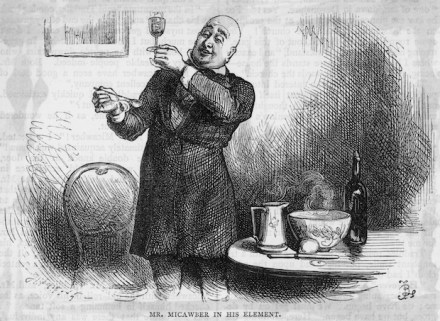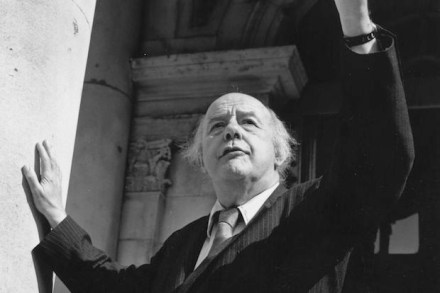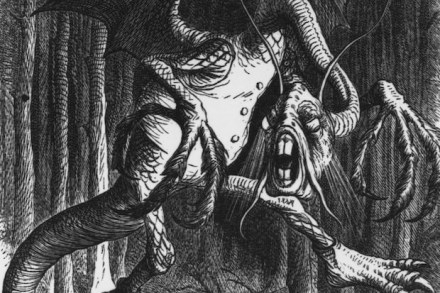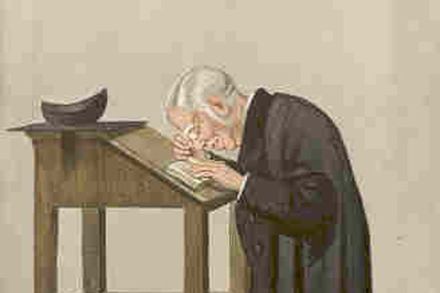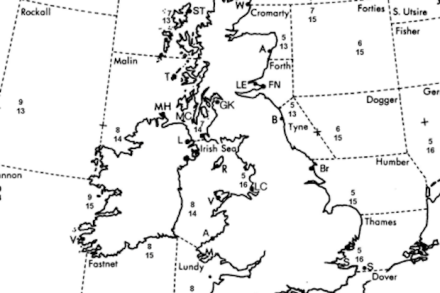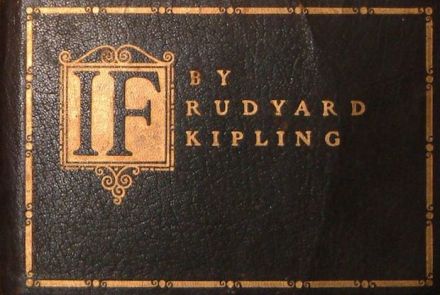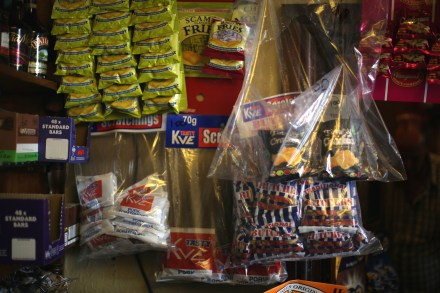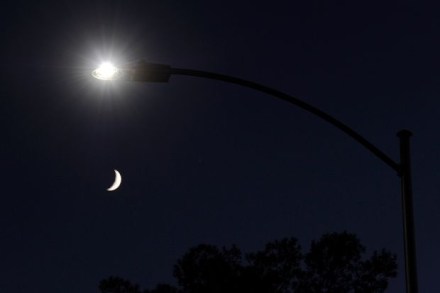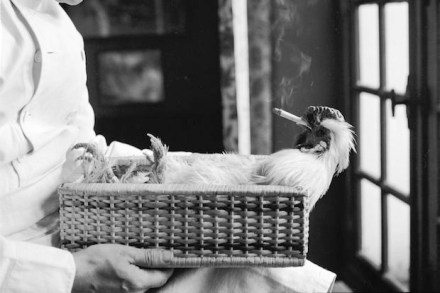Spectator competition: Mr Micawber’s Christmas round robin (plus: sell the Bible to modern audiences)
This year’s festive comp asked for Christmas round robins as they might have been written by a well-known fictional character. It was all there: the boasts, bad jokes, inappropriate intimacies and inconsequential detail. Most of the entries were bursting with forced jocularity, but Basil Ransome-Davies, in the shape of an unusually frank Jeeves, neatly subverts the round-robin tradition of presenting a relentlessly positive face to the world. And John Samson’s Phileas Fogg takes holiday bragging to a whole new level, thereby earning the yuletide fiver. His fellow winners take £25. Happy Christmas, one and all! John Samson Where have all the days gone? I know where 80 went! But lost
